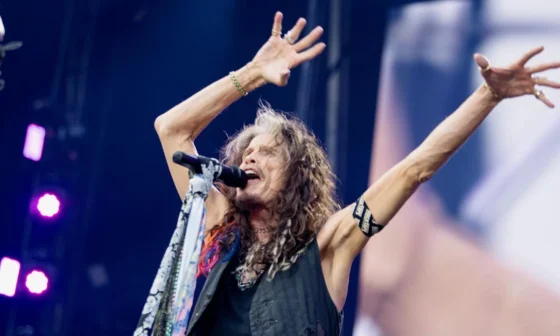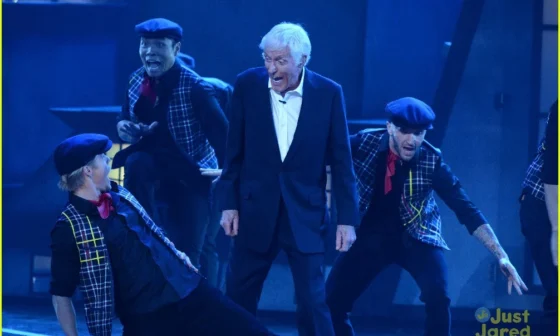Phil Collins at Live Aid 1985: When “Against All Odds” Carried the Weight of the World
There are concerts. There are charity events.
And then—there was Live Aid.
On July 13, 1985, over 1.9 billion people in 150 countries tuned in for what would become the most ambitious, emotionally charged musical event in history. It was more than a performance—it was a global plea, a unified heartbeat for a planet in crisis.
In the midst of rock legends, pyrotechnics, and anthems built to shake stadiums, Phil Collins did something very different. He sat at a piano. Alone. And he made the world stop.
A Quiet Moment in a Roaring Day
Wembley Stadium was electric. Earlier, U2 had delivered an unforgettable set. Queen was about to seize their moment in rock history. The energy was feverish, wild.
Then—silence.

A spotlight.
A grand piano.
Phil Collins, dressed simply, no flash, no fanfare. Just a man and a song.
He began to play the opening chords of “Against All Odds (Take a Look at Me Now)” — soft, aching, unguarded. The kind of sound that doesn’t command attention, but earns it. Within seconds, 72,000 people fell into stillness. And on screens around the world, nearly 2 billion leaned in.
“How Can I Just Let You Walk Away?”
With each note, Collins gave voice to more than heartbreak — he gave voice to grief, to empathy, to loss, to the fragile thread of human connection that Live Aid was built to honor.
He wasn’t performing a hit.
He was offering a moment of truth.

“How can I just let you walk away, just let you leave without a trace?”
The lyrics, written from personal sorrow, took on new depth. They echoed the desperation felt across the globe over the famine in Ethiopia — the lives lost, the urgency to act, the heartbreak too vast for headlines alone.
In that moment, Collins wasn’t just singing. He was holding space for a hurting world.
Two Cities, One Artist, One Day
As if that weren’t enough, Collins did what no other artist at Live Aid dared: he performed in both London and Philadelphia—on the same day.
After his emotional set at Wembley, he boarded the supersonic Concorde and flew across the Atlantic to take the stage at JFK Stadium in Philadelphia, where he would again perform “Against All Odds” and “In the Air Tonight.”
It was history-making. But it was his first, quieter performance that people still talk about. Because in a day filled with volume, his stillness spoke loudest.
Why It Still Hurts (In the Best Way)
Watching that performance today—grainy YouTube clips, restored documentaries—it still stirs something. Maybe it’s nostalgia. Maybe it’s the rawness in his voice, the way he closes his eyes when the feeling takes over. Maybe it’s because we all know what it means to lose something.
“Against All Odds” wasn’t just a love song that day.
It became a universal elegy. A song about every kind of loss—love, life, hope—and a reminder that even in the noisiest moments, vulnerability can cut through like nothing else.
A Legacy in Light and Silence
Four decades later, “Against All Odds” is still one of Phil Collins’ most beloved tracks. But ask any true music fan when it mattered most, and they’ll point to that day in 1985.

Live Aid had its share of showstoppers—Freddie Mercury’s commanding presence, Bowie’s charisma, epic guitar solos—but there was something sacred in that moment: one man, a piano, and a message too personal for spectacle.
For a few fleeting minutes, the world didn’t feel broken.
It felt human.
A Message That Still Matters
Live Aid was about more than music. It was about awareness, compassion, and action. And amid all the noise, Phil Collins reminded us of something vital: sometimes, it’s the quietest voices that say the most.
That’s the power of true artistry—not just to be heard, but to be felt.
In 1985, Phil Collins didn’t just perform a song.
He gave us a mirror—to grief, to hope, to the humanity we all share.
“Take a look at me now…”
He sang it not with bravado, but as a plea.
And that day, the world listened.
Author’s Note:
As we reflect on this moment 40 years later, let us remember not just the music and the stars—but the mission. May we continue to carve out space for the quiet truths that unite us. And may we always listen—against all odds.






